Moving within the same country can be a daunting thought, but moving to a new country is another matter entirely. However, with careful planning and knowledge, the process of international moving will go smoothly and your new life will begin.
When moving to New Zealand, all personal effects are exempt from duty and tax as long as you have lived outside New Zealand for over 21 months. Inspection or holiday visits are fine. You must have owned and used the items you are bringing, and state that they are for your own personal use.
What Personal Effects Should I Take? Take into account the following items when planning your international removals to New Zealand
Clothes
You will obviously be taking your clothes with you. Pack clothes for the season you will be arriving in and ship the rest, remembering that New Zealand is renowned for having four seasons in one day.
Electrical Goods
New Zealand uses the same voltage as the UK but their maximum current is 10 amps rather than 13 amps. You must, therefore, check carefully before shipping items such as kettles, hairdryers and toasters.
Large electrical items, such as fridges and washing machines, will work in New Zealand. These items are quite pricey to buy in New Zealand so it’s worth considering shipping them.
Modern televisions which support PAL B/G will work in New Zealand. Landline phones will also work as the connection point is identical. If you have a cordless phone, then check the frequency compatibility.
DVD players, games consoles and computers should all work as long as the power usage is 2.4kW or less. Unless you have a multi-region DVD player, you won’t be able to play DVD’s which you buy in New Zealand as they use Region 2.
Shipping a Car
Shipping a car to New Zealand is a complex and costly operation, so unless you have a very special vehicle that you can’t live without, the general consensus of opinion is to buy a car when you arrive.
If you decide to ship your car when moving to New Zealand, have a look at the New Zealand government website for comprehensive information. To summarise:
- – You must have owned the vehicle for at least 12 months
- – You cannot sell the vehicle for at least 24 months
- – Your vehicle needs to meet New Zealand’s technical standards
- – You must provide documentation to prove the above
- – Once you have everything ready, you can ship your vehicle
- – When your vehicle arrives, an entry certifier will check it and all the documentation
Pets
Taking your beloved pets with you to New Zealand is not a difficult process as long as you follow the guidelines set out by the New Zealand government. It’s advisable to use a pet travel company to ensure all the rules and regulations have been followed and the documentation is in order.
Briefly, your pet needs the following:
-
- – A microchip
- – Must be over 3 months old
- – Must be disease free
- – Must have lived in your country or a listed country for at least six months
- – Must go into quarantine for 10 days on arrival in New Zealand
Which Personal Effects Need Special Attention or are Banned?
New Zealand, like Australia, has very strict rules on what can and can’t be brought into the country. Protecting the environment and its biodiversity is of paramount importance to New Zealanders.
Prohibited Items
- – Narcotics
- – Pornographic material
- – Certain weapons, such as flick knives and knuckle dusters
- – Animals, insects, fish, reptiles, birds, etc
- – Firearms
- – Milk, meat and eggs
- – Noodles and rice
- – Fresh fruit and vegetables
- – Coral, ivory, snakeskin or whale bone – including ornaments, jewellery, souvenirs and handicrafts
- – Clam, turtle and tortoise shells
- – Cat skins or coats
- – Carvings or other things made of whalebone
- – Medicines using musk, horn or bone
- – Cannabis utensils
Items to be Declare on the High-Risk List
The following is a list of items on the high-risk list. These items must be declared and can be subject to inspection, quarantine and cleaning – all at your expense. To avoid these items being destroyed, carefully clean and disinfect them before packing. Any item which has been in contact with soil or water, such as shoes, diving equipment and sports equipment, must be thoroughly cleaned. The same goes for items which have contained food, such as saucepans, containers and fridges. A good tip is to put all your high-risk items in one clearly marked place, so should customs want to inspect them, you will know exactly where they are. Customs charge by the hour, so the less time spent hunting, the better for your bank balance. The New Zealand Customs website gives you in-depth information on what you can and cannot bring into the country.
Here’s a list of high-risk items:
- – Any food – cooked, uncooked, fresh, preserved, packaged or dried.
- – Animals or animal products – including meat, dairy products, fish, honey, bee products, eggs, feathers, shells, raw wool, skins, bones or insects.
- – Plants or plant products – fruit, flowers, seeds, bulbs, wood, bark, leaves, nuts, vegetables, parts of plants, fungi, cane, bamboo or straw, including for religious offerings or medicinal use.
- – Other biosecurity risk items, including – animal medicines, biological cultures, organisms, soil or water.
- – Equipment used with animals, plants or water, including for gardening, beekeeping, fishing, water sport or diving activities.
- – Items that have been used for outdoor or farming activities, including any footwear, tents, camping, hunting, hiking, golf or sports equipment.
To find out more about international removals to New Zealand check out our ultimate guide to moving to New Zealand.


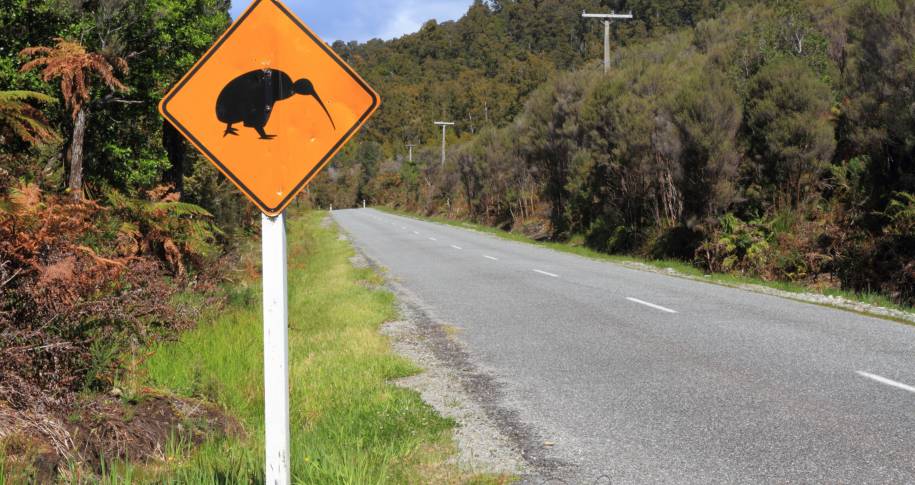


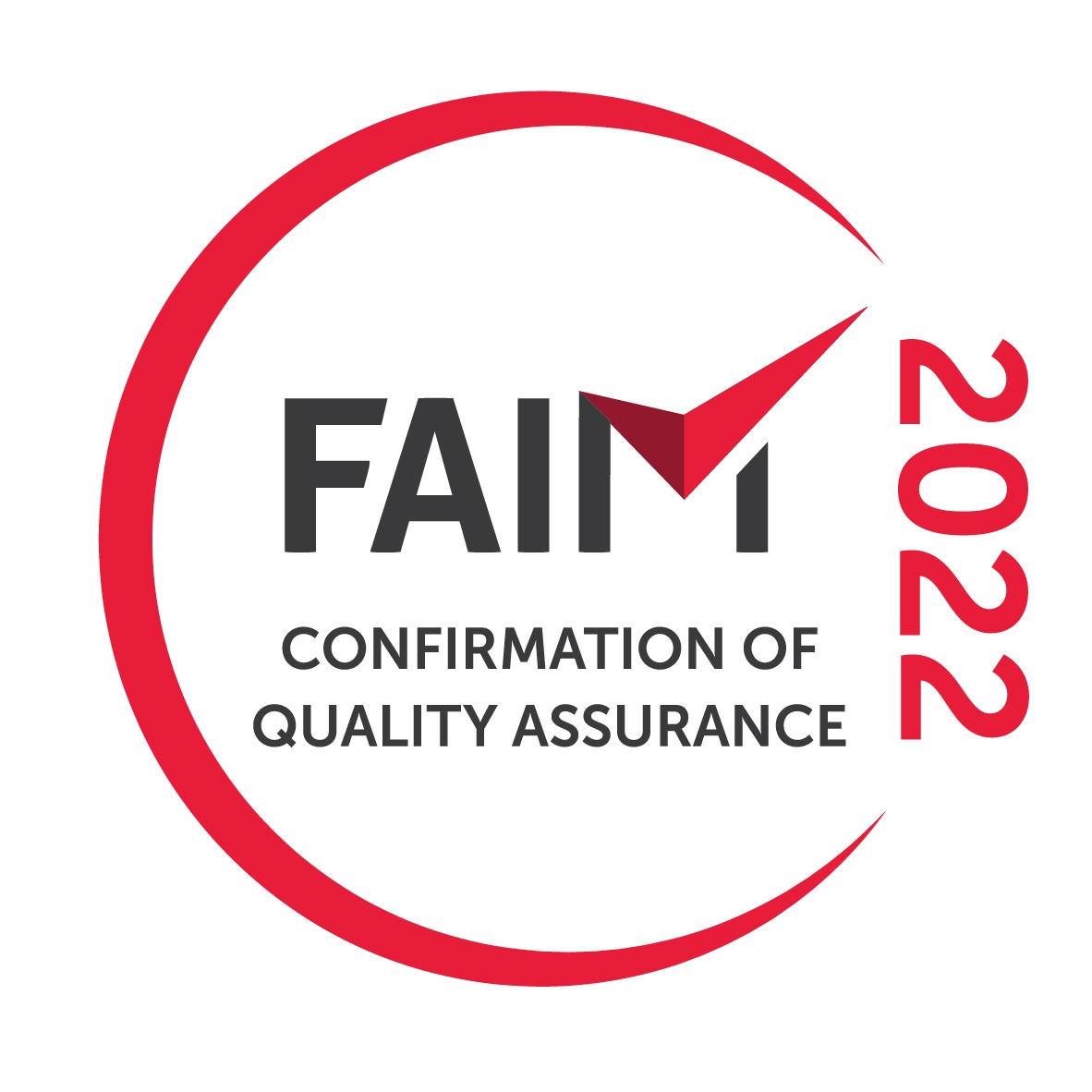


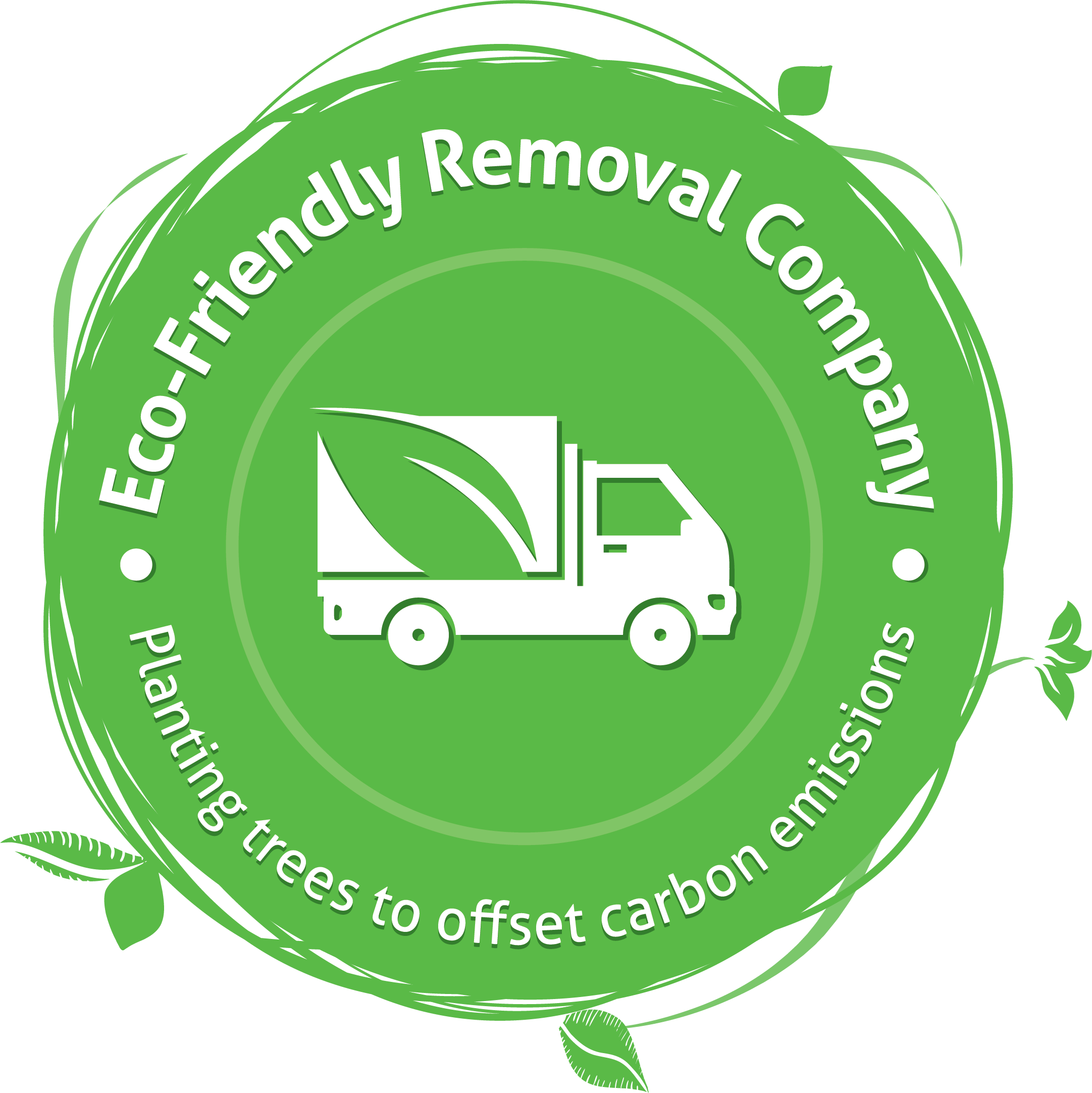
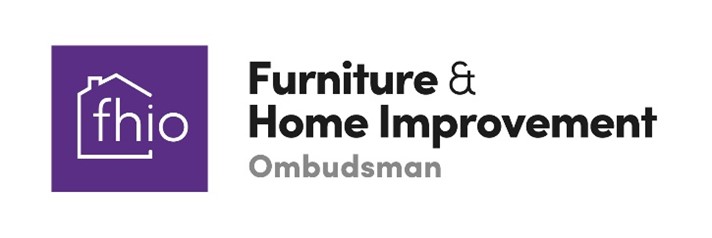
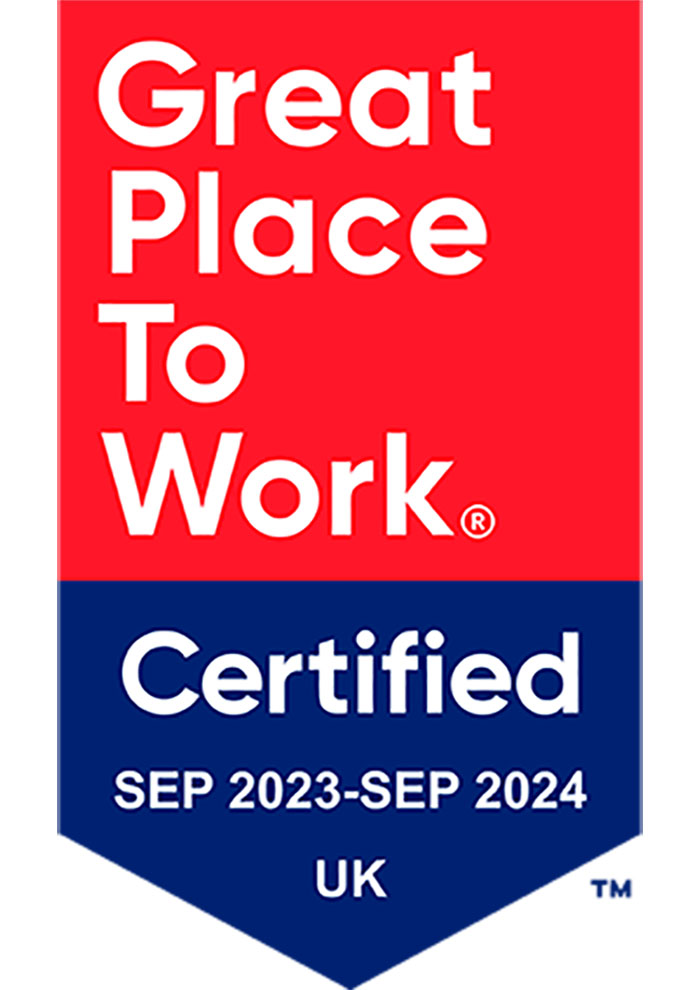
Hello Can I send Sinustat capsules for flu to New Zealand?
or any other Sinus medication
Thank you